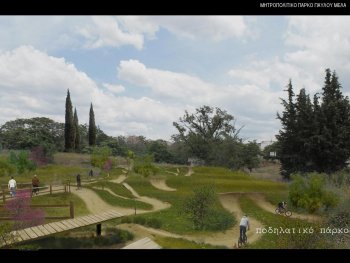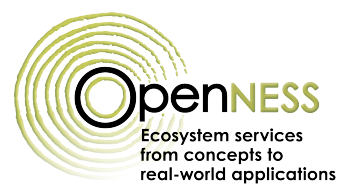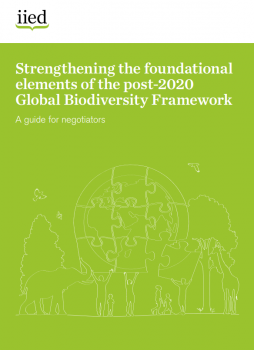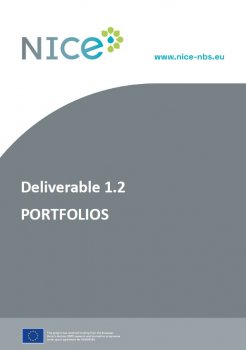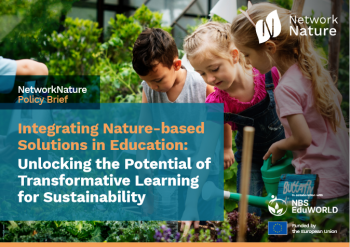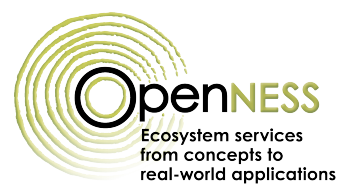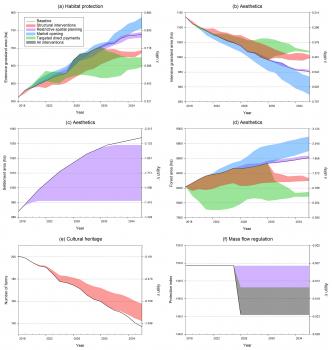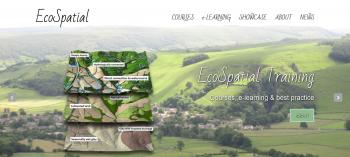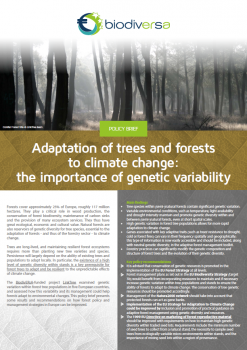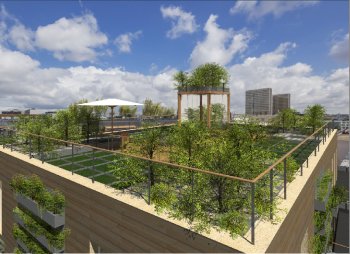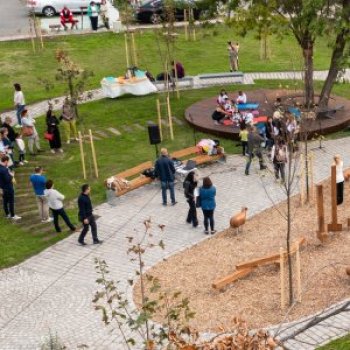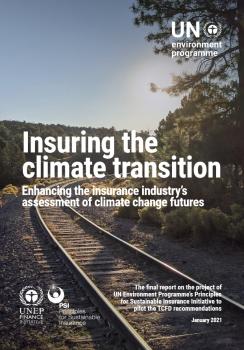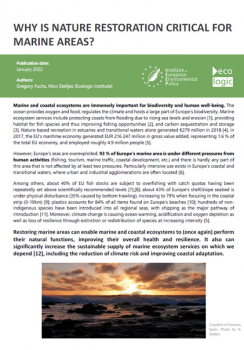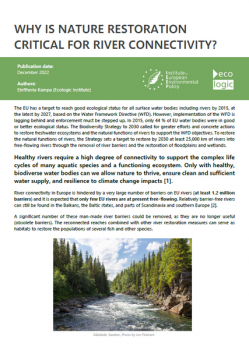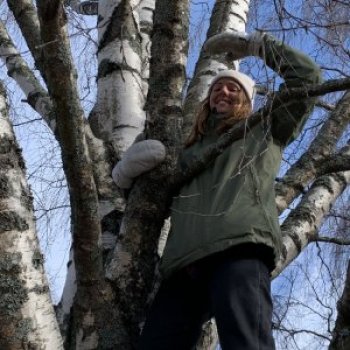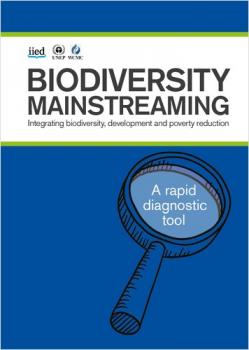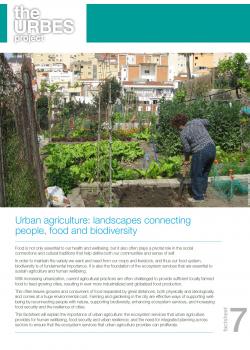Marketplace
Connecting Nature Framework report: MUNICIPALITY OF PAVLOS MELAS
The flagship nature-based solution of Pavlos Melas municipality is the creation of Pavlos Melas Metropolitan Park on a former military camp (about 33 hectares) located in the dense urban fabric. Due to its metropolitan character and its large scale, the regeneration project has the potential to
Method Factsheet -Advanced Matrix Approach
Matrix approaches are quick and simple ways to get an overall spatially-explicit picture of the ES in case study areas. The method is based on the idea of linking tabular spreadsheet data and spatial data together, i.e. joining external datasets to spatial units to create maps. A modified,
Strengthening the foundational elements of the post-2020 Global Biodiversity Framework
The post-2020 Global Biodiversity Framework (GBF) will be a major milestone in global agreements on biodiversity conservation, setting international ambition for the next decade. This guide seeks to support Parties to the Convention on Biological Diversity (CBD) who wish to strengthen the chapters
Integrating Nature-based Solutions in Education: Unlocking the Potential of Transformative Learning for Sustainability
This policy brief provides a timely and brief overview of the current policy incentives for NbS and sustainability education in Europe, identifies key barriers and opportunities in supporting education systems in taking up NbS education and offers key recommendations for policy makers, educators,
OpenNESS Synthesis paper: Competitiveness
Understanding how the sustainable management of ecosystem services and natural capital relates to EU competitiveness at local, national and global scales is a key operational challenge. The consortium shall debate the concept of 'competitiveness' and its needs in general terms, it is one
Integrated backcasting modeling system BackES
Advancing optimal management practices and designing relevant policy interventions for maintaining ecosystem services (ES) that satisfy local demand is a challenge in fragile mountain ecosystems. Under OPERAs, a backcasting framework (BackES) is being developed that develops and evaluates a variety
The Purpose of Nature’s Impact on Human Health Guide
The Nature’s Impact on Human Health Guide is a resource primarily intended for practitioners seeking to evaluate the impact of green interventions on human health to inspire additional investment of time and resources in nature-based solutions to human health challenges. The reasons to do so are
GIS Training & EcoSpatial E-learning
To meet the growing demand for subject-specific and relevant GIS training courses Westcountry Rivers Trust have developed a series of intensive GIS short-courses specifically tailored to develop and disseminate best practice and technical GIS skills in the use of GIS, in practitioners engaged in
Adaptation of trees and forests to climate change: the importance of genetic variability
The policy brief “Adaptation of trees and forests to climate change: the importance of genetic variability” is derived from the BiodivERsA-funded LinkTree project, which examined the genetic variation within forest tree populations in five European countries, and assessed how this variability and
Hydro Profi Line®
A unique new type of proven planter system for greening of impervious surfaces. Solitary containers/flower pots as well as areal. Horizontal as well as vertical. Indoors as well as outdoors. Reducing water consumption by up to 80% and enabling possibility for exchange of all species and sices (up
D6.3 Digital Placemaking tool-kit for all Cultivating Cities
In an era where technology and nature seemingly stand at opposite ends, digital placemaking offers a unique opportunity to bridge this gap, offering a harmonious blend that enhances human connection with urban nature environments through innovative digital interventions. Firstly, descriptions
UNEP’s Principles for Sustainable Insurance Initiative (2021): Insuring the climate transition: The final report of UN PSI’s TCFD pilot project
The insurance industry is one of the largest global industries with more than USD 6 trillion in world premium volume and USD 36 trillion in assets under management. As such, insurers hold a significant portion of global economic assets and liabilities on their balance sheets. As risk managers,
Why is Nature Restoration Critical for Marine Areas?
The EU Commission published its proposal for a new Nature Restoration Regulation in June 2022. In this context, Ecologic Institute and IEEP – as part of the Think Sustainable Europe network – published a series of thematic policy briefs to inform Members of the European Parliament and other
Why is Nature Restoration Critical for River Connectivity?
The EU Commission published its proposal for a new Nature Restoration Regulation in June 2022. In this context, IEEP and Ecologic Institute – as part of the Think Sustainable Europe network – published a series of thematic policy briefs to inform Members of the European Parliament and other
Ecosystem Services Mapping: Practical Applications - Oppla Webinar video
This session continued the topic of ecosystem services mapping, focusing on its benefits for practitioners and decision makers (the first session 'Ecosystem Services Mapping' is also available on the Oppla Marketplace). Nuria Marba spoke about the importance of spatial distribution of
Natural environments, psychosocial health, and health behaviors in a crisis – A scoping review of the literature in the COVID-19 context
The COVID-19 outbreak led to major restrictions globally, affecting people’s psychosocial health and their health behaviors. Thus, the purpose of this scoping review was to summarize the available research regarding nature and health in the COVID-19 context. Overall, the findings indicate that
Mainstreaming Biodiversity and Development Rapid Diagnostic Tool
This tool is intended to help policy makers and other stakeholders understand the extent to which biodiversity and development objectives are already integrated at the national level and the obstacles and constraints that need to be overcome to promote further, and more effective, integration. It
Urban agriculture - URBES Facthseet #7
This factsheet will explain the importance of urban agriculture: the ecosystem services that urban agriculture provides for human wellbeing, food security and urban resilience; and the need for integrated planning across sectors to ensure that the ecosystem services that urban agriculture provides
NbS Framework Reports for Front Runner Cities
This Deliverable presents the Nature-based Solutions Framework developed in the Connecting Nature project to support the planning, delivery and legacy of nature-based solutions on a large-scale in cities. The main aim of the framework is to provide a comprehensive standard that informs urban
- ‹ previous
- 16 of 45
- next ›

